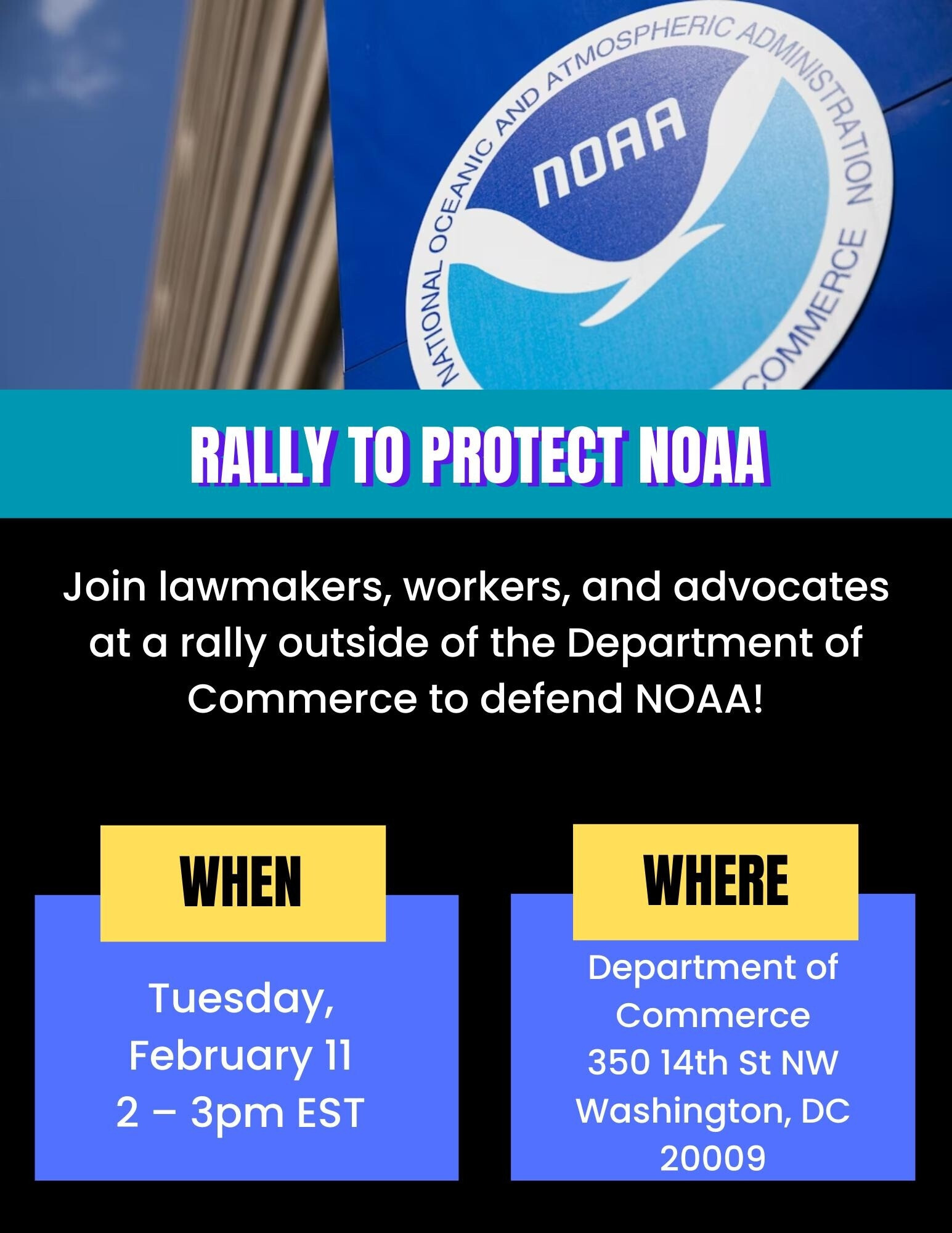On Wednesday, February 12, 2025, at 10:00 a.m., in room 1324 Longworth House Office Building, the Committee on Natural Resources will meet to consider:
- H.R. 231 (Rep. Hageman), “Colorado River Basin System Conservation Extension Act of 2025”;
- H.R. 249 (Rep. Pallone), To redesignate certain facilities at Paterson Great Falls National Historical Park in honor of Congressman Bill Pascrell, Jr.;
- H.R. 302 (Rep. Maloy), “Water Rights Protection Act of 2025” (Amendments to H.R. 302 must be drafted to the amendment in the nature of a substitute);
- H.R. 331 (Rep. Fulcher), To amend the Aquifer Recharge Flexibility Act to clarify a provision relating to conveyances for aquifer recharge purposes.
- H.R. 618 (Rep. Horsford), To amend the Apex Project, Nevada Land Transfer and Authorization Act of 1989 to include the City of North Las Vegas and the Apex Industrial Park Owners Association, and for other purposes.
- H.R. 1001 (Rep. Hageman), To provide for a memorandum of understanding to address the impacts of a certain record of decision on the Upper Colorado River Basin Fund.
- H.R. 1044 (Rep. Valadao), To amend Public Law 99-338 with respect to Kaweah Project permits.
- H.R. 1110 (Rep. LaMalfa), “Grazing for Wildfire Risk Reduction Act”.
- The House Committee on Natural Resources 119th Congress Authorization and Oversight Plan
Any proposed amendments should be emailed to Sophia Varnasidis ([email protected]) no later than 12:00 p.m. on Tuesday, February 11, 2025. Note that all amendments filed by this time will be given priority recognition at the meeting. Please email and deliver 70 hard copies of any amendments submitted after the 12:00 p.m. deadline to 1324 Longworth House Office Building.
The oversight plan includes: “The Committee will also work with federal agencies and the Department of Government Efficiency (DOGE) to reduce unnecessary spending, make the federal government more efficient, and ensure better stewardship of taxpayer dollars.”
“To truly enter the 21st Century, the NPS should adopt more market-based solutions and engage in public-private partnerships to maximize agency resources and enhance visitor services.”
“On July 24, 2024, a group of U.S.-based non-profits operating under the ‘Shut It Down for Palestine’ movement staged a violent anti-Israel riot at a public gathering at Union Station in DC, a National Park Service site. The Committee will continue to investigate and provide recommendations to improve the public gathering permitting process for the National Park Service to improves the permitting process, and ensure it is not abused by organizations that intend to cause violence and destruction. Additionally, the Committee will continue to expose these organizations’ ties to foreign adversaries like the CCP, Iran, and Hamas.”
“During the 118th Congress, the Committee investigated potential foreign influence over domestic environmental and natural resources policies, particularly at DOI, accomplished through a network of U.S.-based activist non-governmental organizations (NGOs). The Committee will continue identifying NGOs with ties to foreign adversaries such as the CCP and Iran and prevent foreign influence over domestic natural resources policy.”
02/12/2025 at 10:00AM


